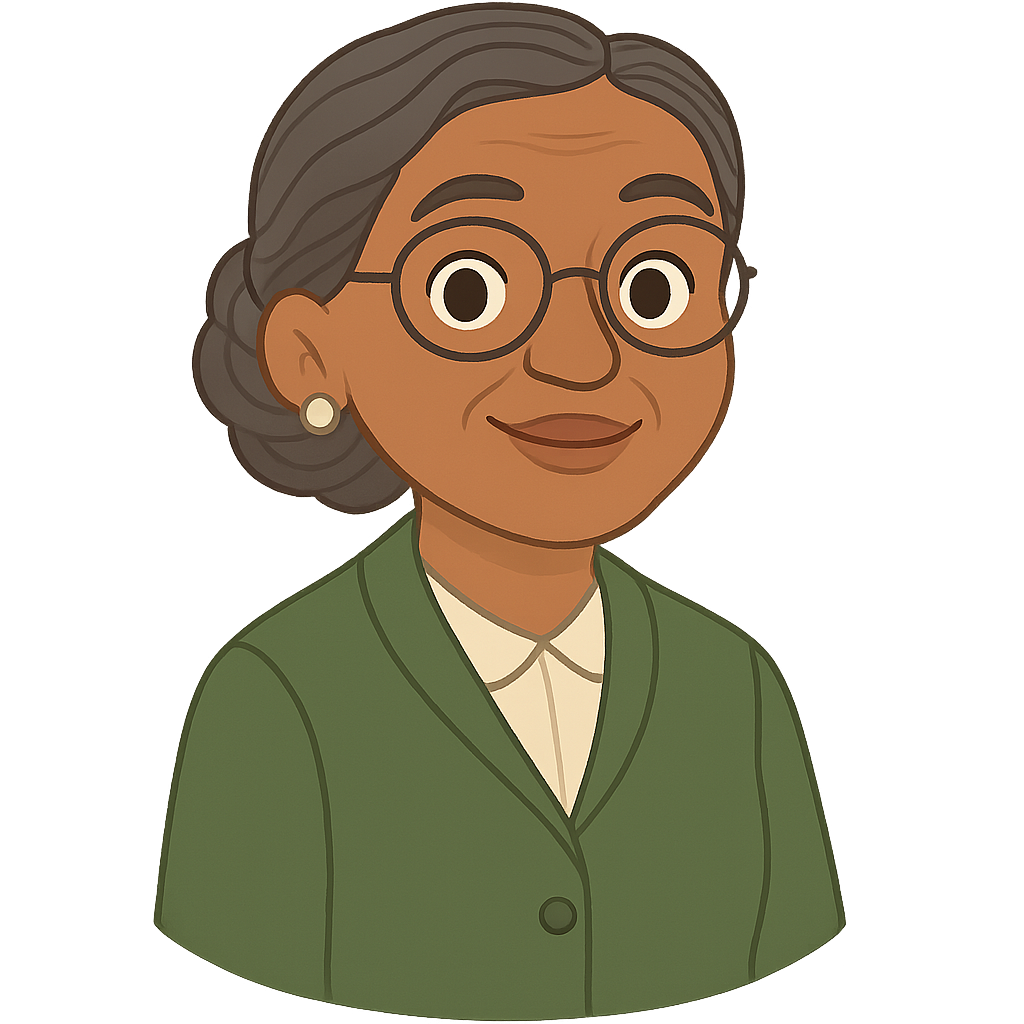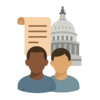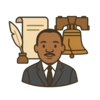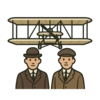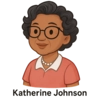My Story of Standing Up by Sitting Down
Hello, my name is Rosa Parks. I want to tell you my story. I was born a long time ago in a sunny place called Alabama. When I was a little girl, I lived with my mother, my grandparents, and my brother. I loved to learn more than anything. Going to school was my favorite part of the day. But sometimes, things felt very unfair. I remember walking a long, long way to my little schoolhouse, which was just for children with black skin like me. Along the way, a big yellow bus would drive past, filled with children who had white skin. They got to ride to their big, new school. It didn't seem right that the color of our skin decided if we walked or rode. It made my heart feel heavy, but it also made me dream of a day when things would be fair for everyone.
When I grew up, I got married to a kind man named Raymond Parks, and I worked as a seamstress. That means I sewed and fixed clothes for people. My days were long, and I worked very hard. One chilly evening, on December 1, 1955, I was very tired after a full day of work. I got on the bus to go home, paid my fare, and sat down in a seat. Back then, there was a rule on the buses that was very unfair. If a person with white skin wanted my seat, I was supposed to get up and give it to them. Soon, the bus got crowded, and the driver looked at me and said I had to move. Something inside me just knew I couldn't. It wasn't because my feet were sore. It was because my heart was tired. I was tired of being told I was not as good as other people. So, I looked at him and quietly said, 'No.'
That one little word, 'No,' started something big. When I refused to move, I was taken to jail. But my small act of bravery gave other people courage, too. My friend, a wonderful leader named Dr. Martin Luther King Jr., heard what happened. He said, 'If Rosa can be this brave, we can be brave, too.' Together, we decided to protest the unfair bus rules. For more than a year, thousands of Black people in my city stopped riding the buses. This was called the Montgomery Bus Boycott. We walked to work, to school, and to the store, no matter how tired we were or how bad the weather was. It was very hard, but we were all working together. Our peaceful protest showed the whole country that we wanted to be treated with respect, and it worked. The unfair rules on the bus were finally changed.
My journey ended in 2005, but my story is not over. It lives on in you. I want you to remember that even when you feel small, you have great power inside you. One person, standing up for what is right, can help change the world. Always be kind, be brave, and use your voice to help others. You never know how far your own small act of courage will ripple out, just like a little stone making big waves in a pond.
Activities
Take a Quiz
Test what you learned with a fun quiz!
Get creative with colors!
Print a coloring book page of this topic.

